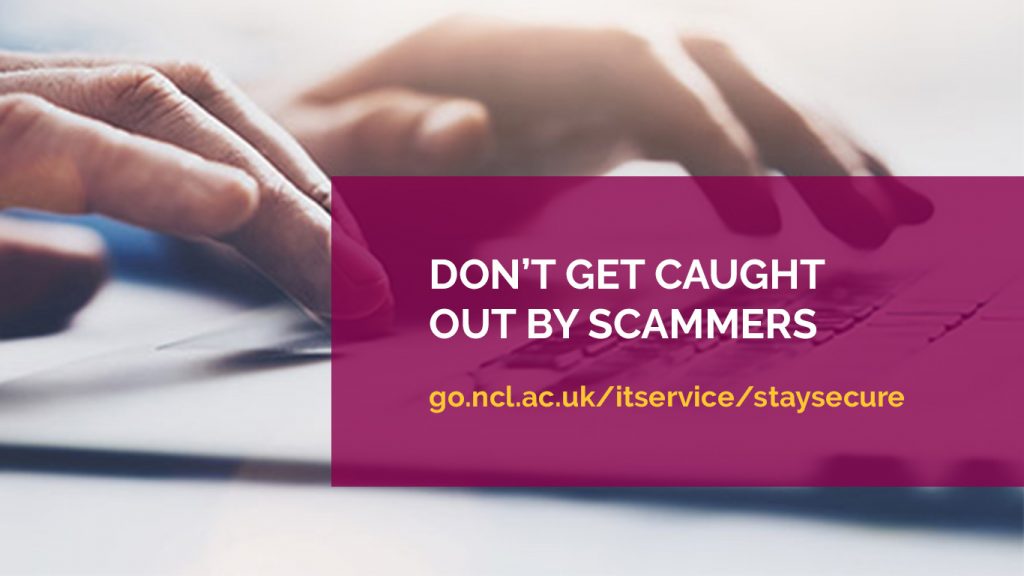LTDS are providing information and resources on their Education Continuity web pages to support colleagues moving from on campus teaching to delivery of teaching materials online.
You’ll find detailed guidance on communication, lectures, seminars, accessibility and assessment policies for the current situation.
There is support for remote teaching delivery including a number of daily webinars and a twice daily online drop-in session to get real time help with delivering teaching remotely. These start Thursday 19 March and currently run until Friday 3 April.
The resources will continue to evolve and be added to, so check back regularly.



